Transform Your Code with AI
Sick of endless refactoring and legacy code stress? Our AI instantly modernizes your codebase, clears tech debt, and frees you to build what matters.
No credit card required


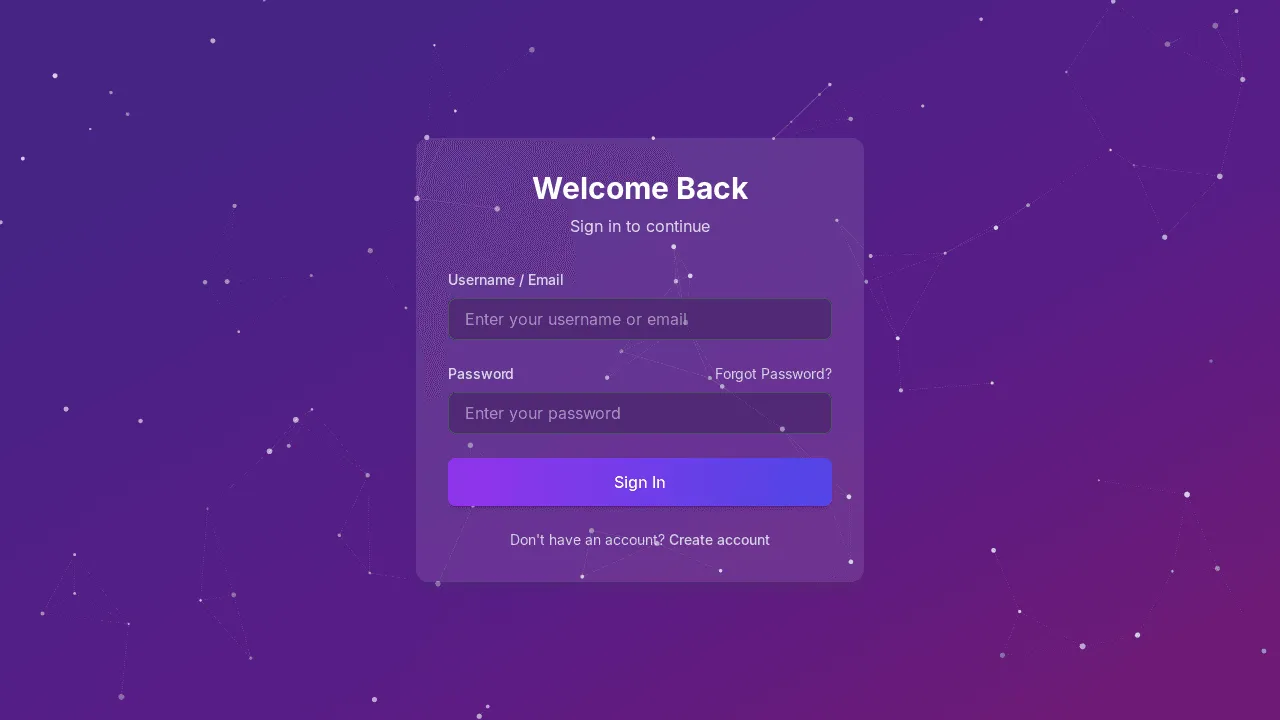
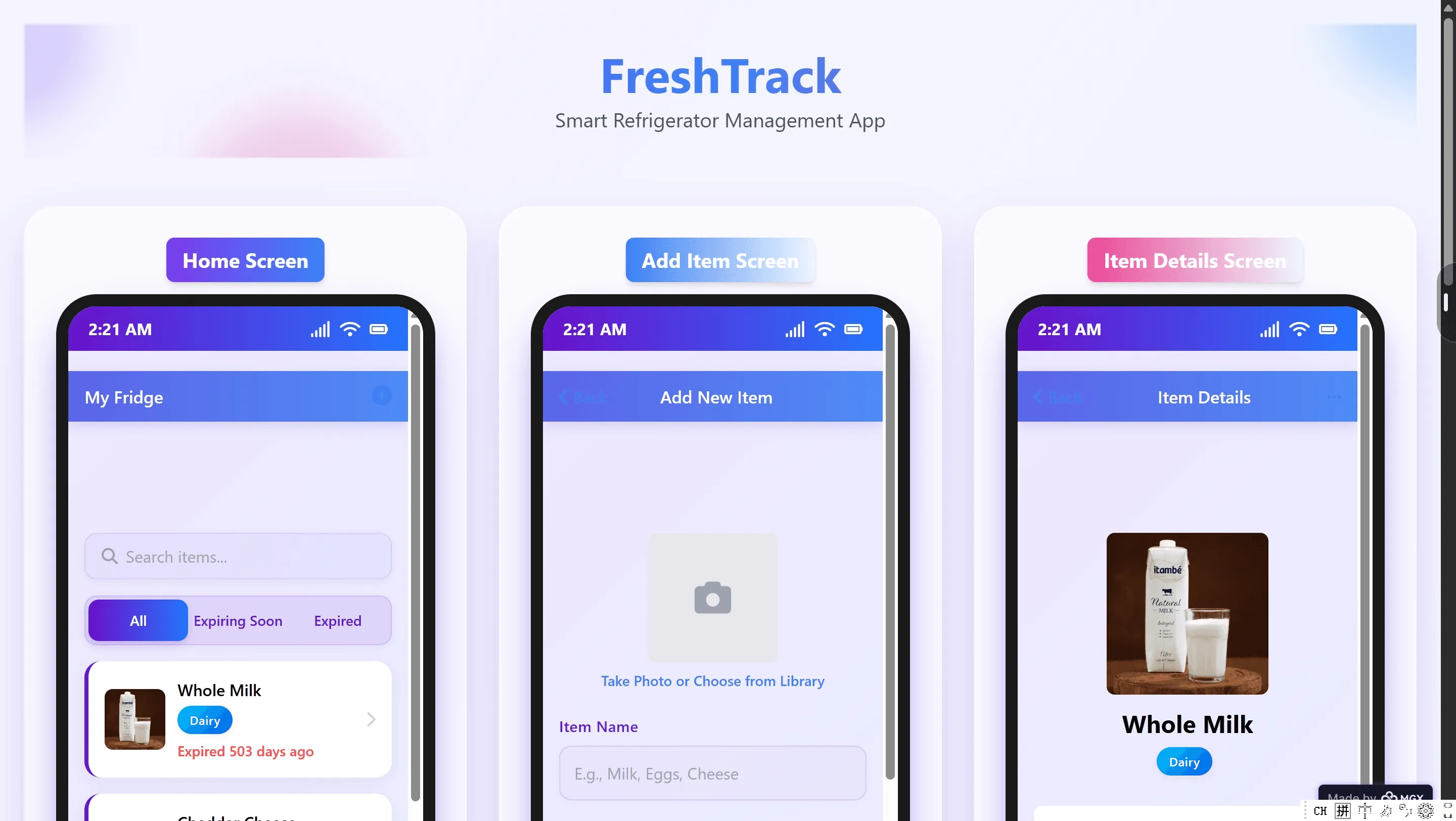


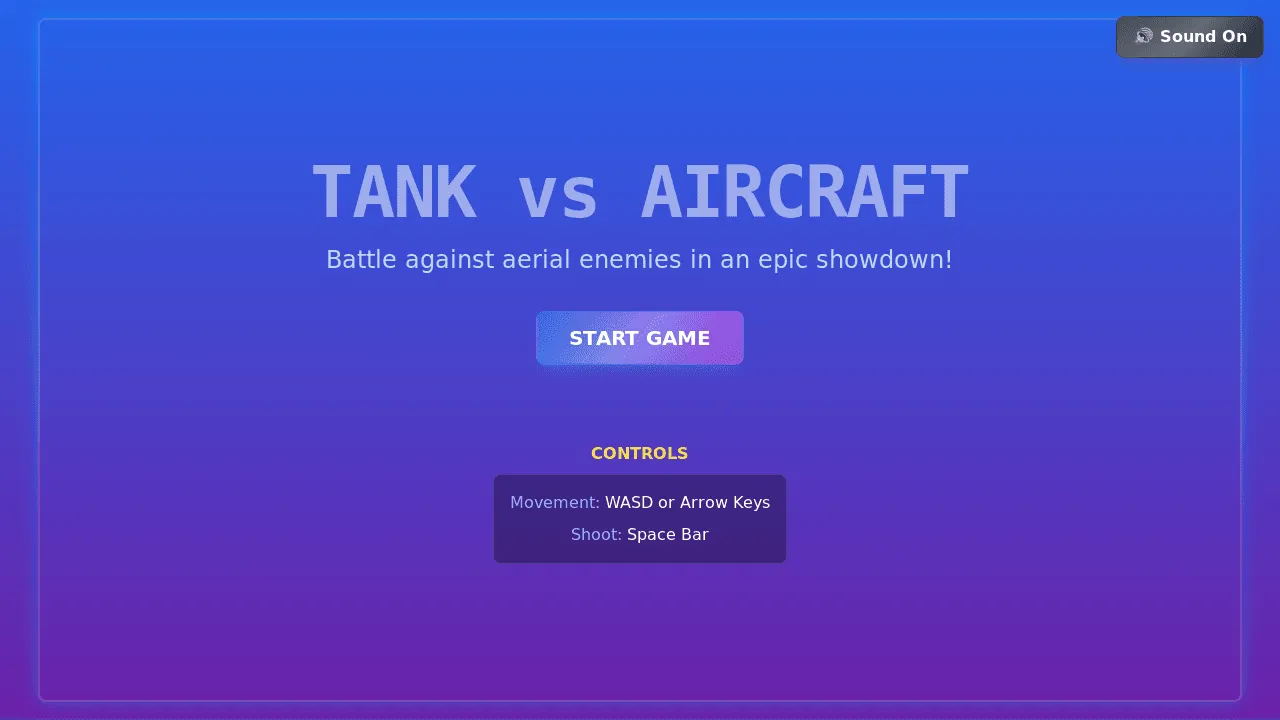
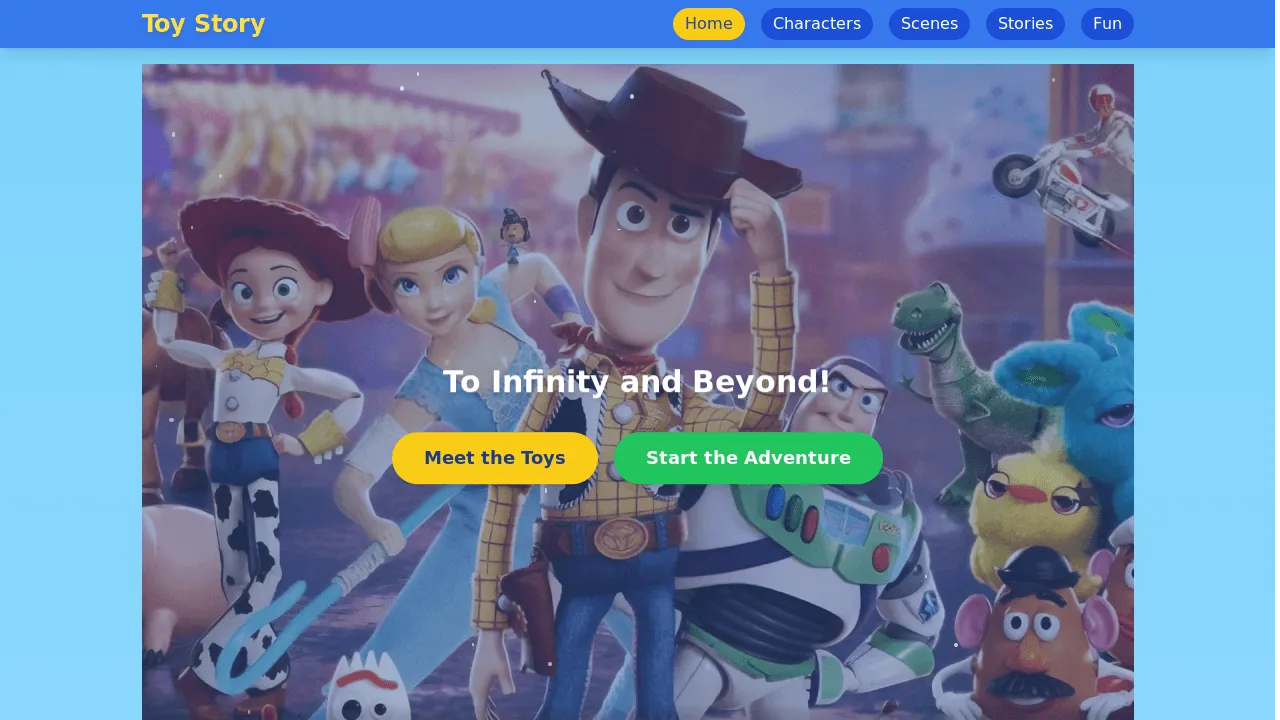




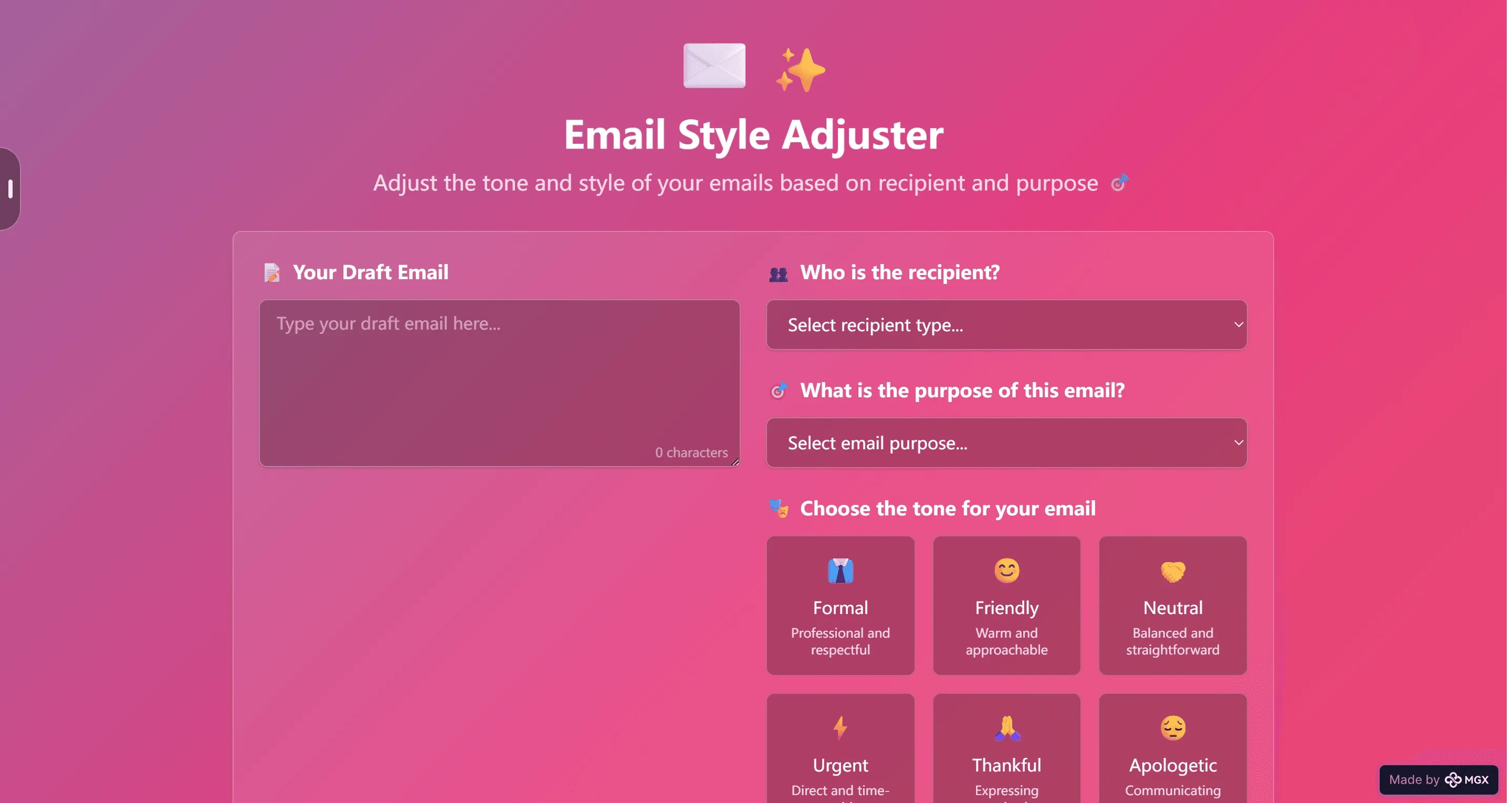
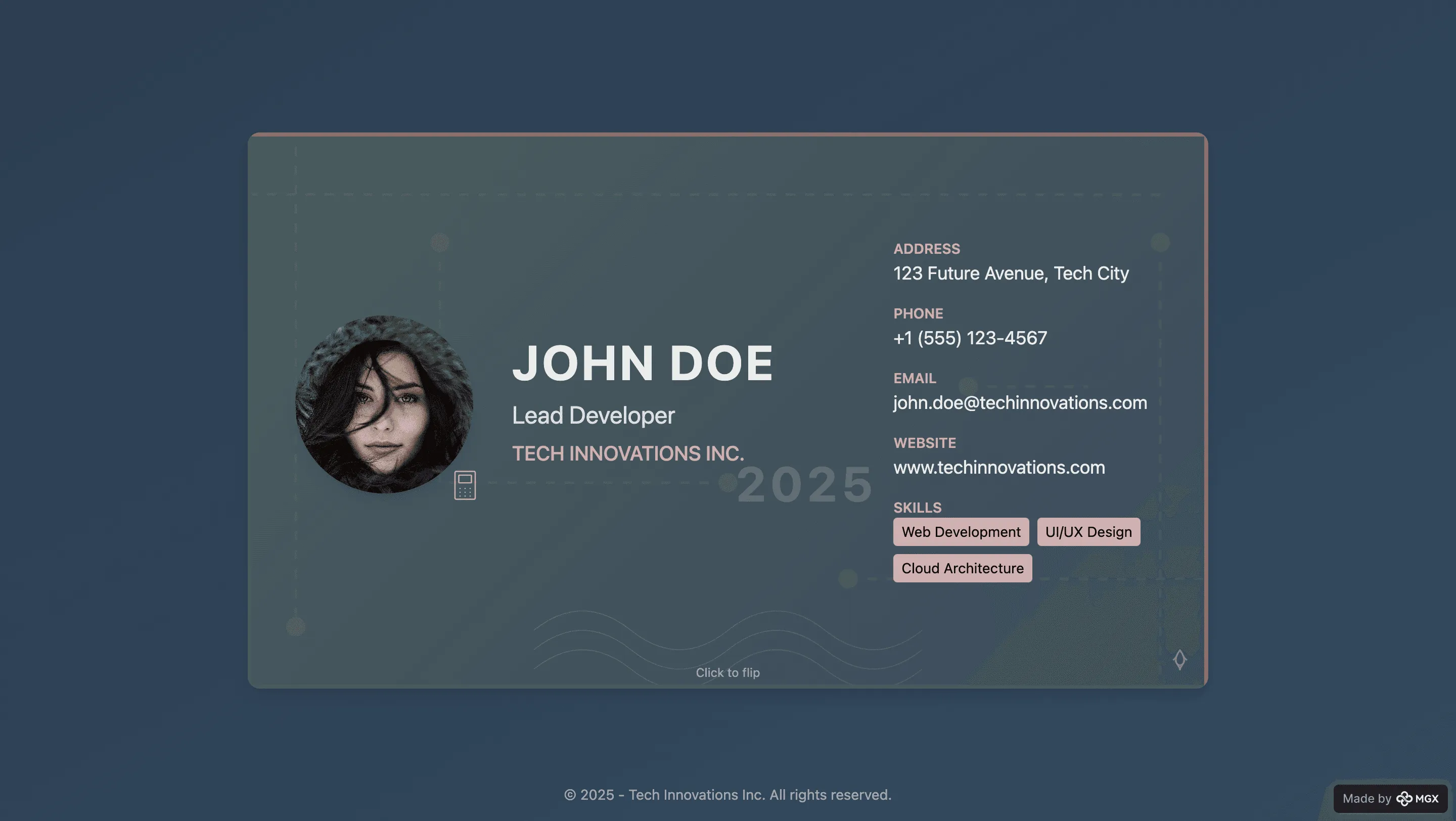



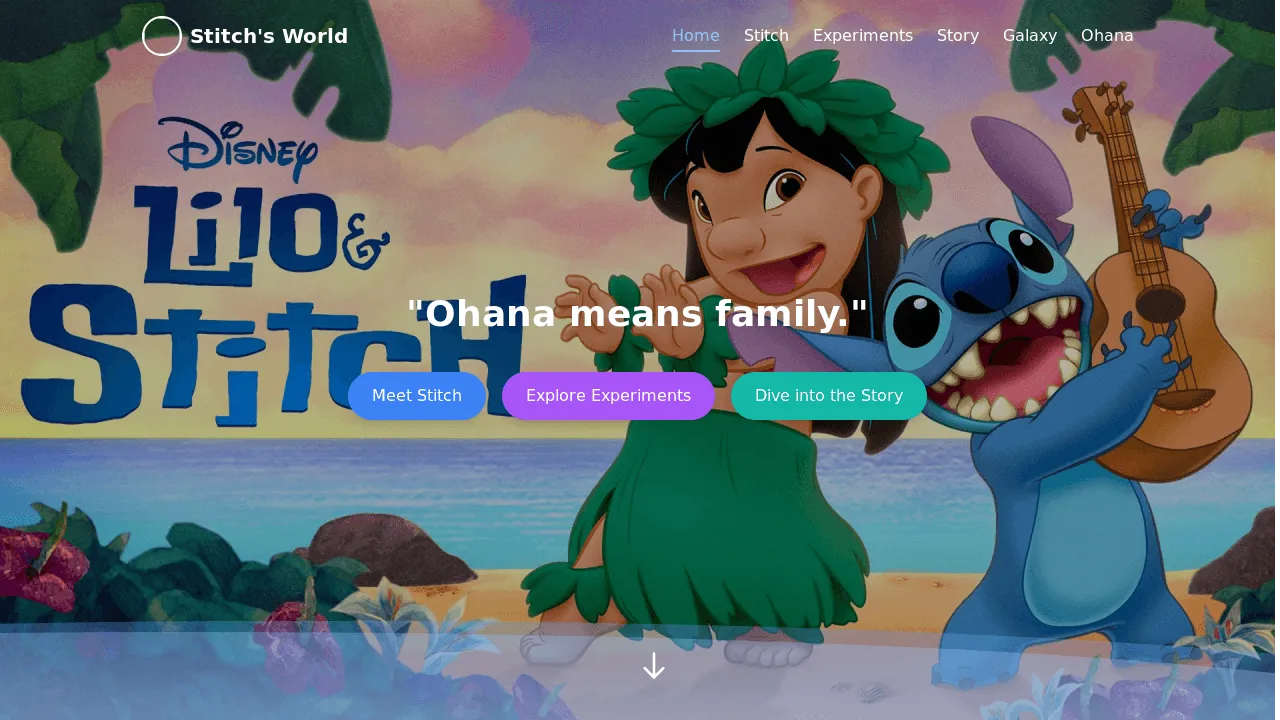



Live Rendering
Instant updates with images, branch support, undo at any step and one click deploy
Elegant Design
Built‑in templates and guidelines for refined interfaces
Multi‑Agent Workflow
Agents debate and refine plans before generating reliable code
Supabase Backend
Natural language to schemas and APIs without manual setup
Visual Editing
Select elements, describe changes and apply precise updates


How to build
Pricing
Free to start. Flexible to scale.Frequently Asked Questions
See our Help Center for more info
No. Our AI builds an Abstract Syntax Tree (AST) to understand your code's structure and context. It performs intelligent, surgical changes, not blind text replacement. It knows a function call from a variable name in a comment.
We support a wide range of languages, including Python, JavaScript, Java, and C#, with ongoing support for migrating popular legacy frameworks like AngularJS to React or .NET Framework to .NET Core. Check our docs for a full, updated list.
There's no catch. The free plan gives you a generous monthly credit allowance, which is more than enough to refactor personal projects or test its power on a module of your company's codebase. You only need a paid plan for heavy, team-wide usage.
Not at all. The tool provides a clean diff of all changes before you commit. You have full control, allowing you to review, accept, and commit the AI-generated changes as if you had written them yourself, maintaining a clear and readable Git history.
Try the AI Today
Your codebase is a reflection of your craft.Make it one you're proud of.
Streamline Your Coding with Code Changer AI
The software development world is changing fast. Revolutionary transformation is happening. Developers now have smart tools that boost their productivity and workflow.
AI-powered programming help is crucial in today's tech world. These systems help coders write better software quickly. They're essential for staying competitive.
Smart programming tools can enhance your coding, no matter your skill level. They cut development time and boost quality. AI technology makes coding more efficient.
This smart approach is reshaping how we view programming tasks. Automated systems handle routine work and optimizations. Developers can focus on solving creative problems.
Key Takeaways
- Smart programming tools are transforming the software development landscape
- Intelligent assistance makes programming more accessible to developers at all skill levels
- Automated systems significantly reduce development time and improve productivity
- Modern programming workflows now integrate seamlessly with intelligent assistance
- Developers can focus on creative problem-solving while tools handle routine tasks
- Embracing intelligent programming assistance is essential for staying competitive
What Is Code Changer AI and How It Transforms Development
Advanced AI code generators are revolutionizing software development. They bridge the gap between human creativity and machine efficiency. These systems use sophisticated algorithms to understand programming patterns and generate functional code automatically.
Modern developers can now use ai-powered coding tools to speed up their workflow. These tools help tackle complex programming challenges with ease. Generative ai systems can convert ideas into working applications.
They can translate between programming languages and optimize existing codebases. This shift makes programming more accessible and efficient for everyone.
Understanding AI-Powered Code Transformation
AI-powered code transformation analyzes vast amounts of existing code. It learns programming patterns and best practices. The ai model processes these patterns to understand syntax, structure, and logic.
Developers input requirements or existing code. The system then generates intelligent code suggestions that match the context. This process involves pattern recognition from the AI's training data.
The most impressive feature is generating code from natural language descriptions. Developers can describe their needs in plain English. The system then translates these requirements into functional programming code.
Core Technologies Behind Intelligent Code Processing
Modern code generators rely on neural networks and machine learning algorithms. They use transformer architectures similar to language models. These are specifically trained on programming languages and software patterns.
Natural language processing helps these tools understand human descriptions. It converts them into sophisticated code. The ai agent processes both semantic meaning and technical requirements.
Deep learning models analyze millions of code repositories. They understand programming conventions, error patterns, and optimization techniques. This advanced ai approach ensures high-quality code across different programming environments.
Revolutionary Benefits of Code Changer AI for Developers
Code Changer AI revolutionizes how developers tackle daily programming tasks. It boosts development speed, code quality, and learning efficiency. Developers can now focus on creative problem-solving while routine coding is automated.
AI assistants offer advanced coding tools for free. This levels the playing field for individual developers and small companies.
| Benefit Category | Traditional Coding | AI-Enhanced Development | Improvement Factor |
|---|---|---|---|
| Development Speed | Manual coding and debugging | Automated suggestions and fixes | 3x faster completion |
| Code Quality | Manual review processes | Real-time quality analysis | 40% fewer bugs |
| Language Learning | Months of study required | Instant syntax assistance | 70% reduced learning time |
| Workflow Efficiency | Context switching delays | Seamless multi-language support | 2x productivity boost |
Enhanced Productivity and Time Savings
AI-powered tools help developers code instantly with smart suggestions. They analyze patterns in existing codebases to provide relevant recommendations.
The tech eliminates repetitive tasks like boilerplate code generation. Developers can now focus on complex logic and innovative solutions.
Time savings add up across projects. Teams can deliver features faster and meet tight deadlines with confidence.
Improved Code Quality and Consistency
Enhancing code quality is automatic with AI tools monitoring coding patterns. They enforce best practices across teams without manual oversight.
AI assistants catch potential issues early, maintaining high-quality code standards throughout development. They ensure consistent formatting and architectural patterns.
Code quality improves as AI tools give real-time feedback during coding. Developers learn and grow with each line of code.
Reduced Learning Curve for New Programming Languages
Learning new languages is easier with AI providing instant syntax help. Developers can switch between Python, Java, and JavaScript smoothly.
The seamless transition lets developers work on diverse projects without long retraining. AI tools translate concepts across different programming paradigms.
This flexibility helps developers adapt quickly to project needs. They can expand their skills efficiently within their existing workflow.
Essential Features of Modern AI Code Conversion Tools
AI code conversion tools are revolutionizing software development. These platforms use machine learning to understand programming languages deeply. They solve complex challenges that once took hours of manual work.
Top ai code converter platforms share key features. They can convert code between languages while keeping functionality intact. These tools also spot potential issues before they cause problems.
| Feature Category | Primary Function | Developer Benefit | Time Savings |
|---|---|---|---|
| Multi-Language Translation | Convert code between languages | Faster migration projects | 70-80% reduction |
| Intelligent Debugging | Detect and fix errors | Improved code quality | 60-70% reduction |
| Performance Optimization | Enhance code efficiency | Better application speed | 50-60% reduction |
| Code Analysis | Review and assess code | Consistent coding standards | 40-50% reduction |
Multi-Language Translation Capabilities
Advanced code translation features let developers switch between programming languages easily. These tools grasp syntax differences and convert code from one programming language to another. They keep the logic flow intact.
AI analyzes code structure and applies the right changes for each target language. It handles complex scenarios like different memory management approaches.
Modern platforms can translate code from Python to Java or JavaScript to TypeScript accurately. This eliminates the need for complete rewrites when changing tech stacks.
Intelligent Debugging and Error Detection
Smart debugging helps developers find issues before they affect users. AI detects common errors like null pointer exceptions and infinite loops. It explains problems and suggests specific fixes.
Advanced debug features go beyond simple syntax checks. They analyze code flow and spot logical issues human reviewers might miss. The system can debug code across files and highlight potential integration problems.
Code Optimization and Performance Enhancement
Performance optimization features analyze code performance patterns and suggest improvements. They find bottlenecks in algorithms and recommend more efficient approaches. These tools can restructure loops, optimize database queries, and improve memory usage.
Thorough code analysis examines execution paths and finds redundant operations. AI suggests ways to reduce computational complexity. These changes often speed up applications and lower resource use in various environments.
Best AI Coding Assistants and Code Generators Available
Today's best AI coding tools have revolutionized software development. These powerful AI solutions blend human creativity with machine efficiency. Programmers now collaborate with intelligent systems to solve complex challenges.
Developers can pick from various platforms with unique strengths. Each tool offers distinct advantages for different programming needs.
| AI Tool | Primary Strength | Integration | Cost Model |
|---|---|---|---|
| GitHub Copilot | Real-time suggestions | VS Code native | Subscription |
| OpenAI Codex | Natural language processing | API integration | Usage-based |
| Google Bard | Multi-language support | Web interface | Free tier |
| Translation Platforms | Cross-language conversion | Standalone tools | Varies |
GitHub Copilot for Visual Studio Code Integration
GitHub Copilot is the top ai coding assistant for Visual Studio Code users. It offers smart code suggestions right in your favorite code editor .
Copilot's smooth integration with VS Code makes it user-friendly. It studies your coding style and proposes full functions in real-time.
Many developers report big productivity boosts when using this AI helper for daily tasks.
OpenAI Codex and ChatGPT for Programming Tasks
OpenAI's Codex powers cutting-edge code generation features. This ai chatbot turns plain language into working code for various programming languages.
ChatGPT shines at explaining tricky algorithms and fixing bugs. Coders can describe problems in simple terms and get detailed solutions.
It's great for learning new ideas and tackling hard coding challenges.
Google Bard and Advanced Code Generation
Google Bard offers impressive code generation with strong multi-language support. It provides free ai code help that matches many paid options in quality.
Bard excels at understanding context and creating full solutions. It can build entire apps, suggest improvements, and provide detailed documentation.
Specialized Cross-Language Code Translation Platforms
Some open-source ai tools focus on translating code between languages. These specialized platforms maintain functionality while adapting syntax and structure.
They help developers move old systems or work with multiple tech stacks. These tools offer precise translation that keeps the original code's logic intact.
Implementing Code Changer AI in Your Development Workflow
AI-assisted development can boost your productivity. Integrating AI coding assistants into your workflow is key. Proper setup and proven practices maximize the benefits of AI-driven code assistance.
Choose the right tools for your development needs. Follow key steps to ensure smooth operation across different projects.
Installation and Configuration Steps
Start by selecting the right AI assistant extension for your editor. Popular editors like VS Code offer AI extensions with real-time code suggestions.
Download the extension from your editor's marketplace. Configure API keys for the AI service. Customize settings to control suggestion frequency and code completion types.
Fine-tune these settings to use AI effectively without overwhelming your coding process.
Environment Integration Strategies
Ensure AI assistants work well with your existing tools. This includes version control, build tools, and testing frameworks.
AI tools can analyze your existing code to understand project structure. This helps provide relevant suggestions matching your team's style.
Set up team-wide configurations for consistent AI behavior across all developers.
Optimization and Best Practices
Use AI for repetitive tasks and boilerplate generation. Gradually expand to more complex coding scenarios.
Review AI-generated code snippets before implementation. Use AI suggestions as a starting point, not final solutions.
Combine AI assistance with your programming knowledge for best results. Regularly evaluate AI performance to improve your development process.
| Editor | AI Extension | Setup Time | Key Features |
|---|---|---|---|
| Visual Studio Code | GitHub Copilot | 5 minutes | Code completions, inline suggestions |
| IntelliJ IDEA | AI Assistant | 3 minutes | Smart refactoring, code generation |
| Sublime Text | LSP-copilot | 7 minutes | Multi-language support, custom triggers |
| Vim/Neovim | copilot.vim | 10 minutes | Terminal integration, lightweight operation |
Maximizing Code Quality with AI-Powered Development Tools
AI-powered tools are changing how developers improve code quality. These systems analyze millions of code lines to provide actionable recommendations. They transform ordinary codebases into robust, maintainable software.
AI assistants examine code with great precision. They offer developers insights to create exceptional applications. Quality assurance becomes easier when AI handles routine tasks.
Developers can focus on solving problems creatively. Meanwhile, AI manages code optimization and error detection details.
| AI Quality Tool | Primary Function | Language Support | Integration Level |
|---|---|---|---|
| DeepCode | Automated code review | Multi-language including Python | IDE plugins |
| Codacy | Quality analysis | Supports Python and 30+ languages | CI/CD integration |
| SonarQube | Code insights generation | 25+ languages | Enterprise platforms |
| GitHub Copilot | Context-aware code suggestions | Universal support | Native editor integration |
Automated Code Review and Analysis
Smart code review systems analyze every line to boost code quality. They examine code from GitHub and other sources. These tools provide detailed insights that human reviewers might miss.
AI-powered analysis finds potential bugs, security issues, and performance problems. It catches these issues before they affect production systems. Advanced algorithms understand coding patterns well.
They suggest improvements based on best practices. The result is more accurate code that meets professional standards.
Unit Testing and Quality Assurance Automation
AI changes how we write and test code. It creates complete unit test suites automatically. These systems make functional tests that cover edge cases and possible failure points.
Smart testing tools study existing code to understand expected behaviors. They then generate suitable test scenarios. Automated quality checks ensure every code change maintains system reliability.
Developers get quick feedback about potential issues. This allows faster work cycles and more confident updates.
Legacy Code Modernization and Migration Strategies
AI tools excel at updating old code. They make outdated systems work with modern frameworks. These platforms search large codebases to find parts needing updates.
Migration helpers analyze old code patterns and suggest new alternatives. AI makes big refactoring projects easier by handling complex analysis. Teams can update old systems confidently.
They know AI has spotted potential compatibility issues in advance.
"AI-powered code analysis has reduced our review time by 60% while improving code quality metrics across all projects."
— Senior Developer at Microsoft
The Future of AI-Driven Software Development
AI is revolutionizing software development. Code completion tools are evolving to support seamless transitions between programming languages. Developers will soon move between languages with unprecedented ease, breaking down traditional learning barriers.
Future AI systems will transform source code management and development. These platforms will generate instant, high-quality code. Machine learning algorithms will help developers produce cleaner, more efficient solutions with minimal manual work.
AI-powered tools will make code sharing more intuitive. They'll understand context and project requirements, suggesting optimal code structures. These systems will identify potential improvements before implementation, enhancing team collaboration.
Next-gen development environments will blend human creativity with AI capabilities. Tools will assist with coding and participate in the creative process. They'll offer suggestions to enhance functionality and performance.
This partnership between human expertise and AI will define software development's future. It will make complex programming tasks more accessible to developers at every skill level.
FAQ
What is Code Changer AI and how does it work?
Code Changer AI is a tool that transforms code using machine learning and language processing. It analyzes code, suggests changes, and creates new snippets. The AI model uses neural networks trained on millions of code lines across various languages.